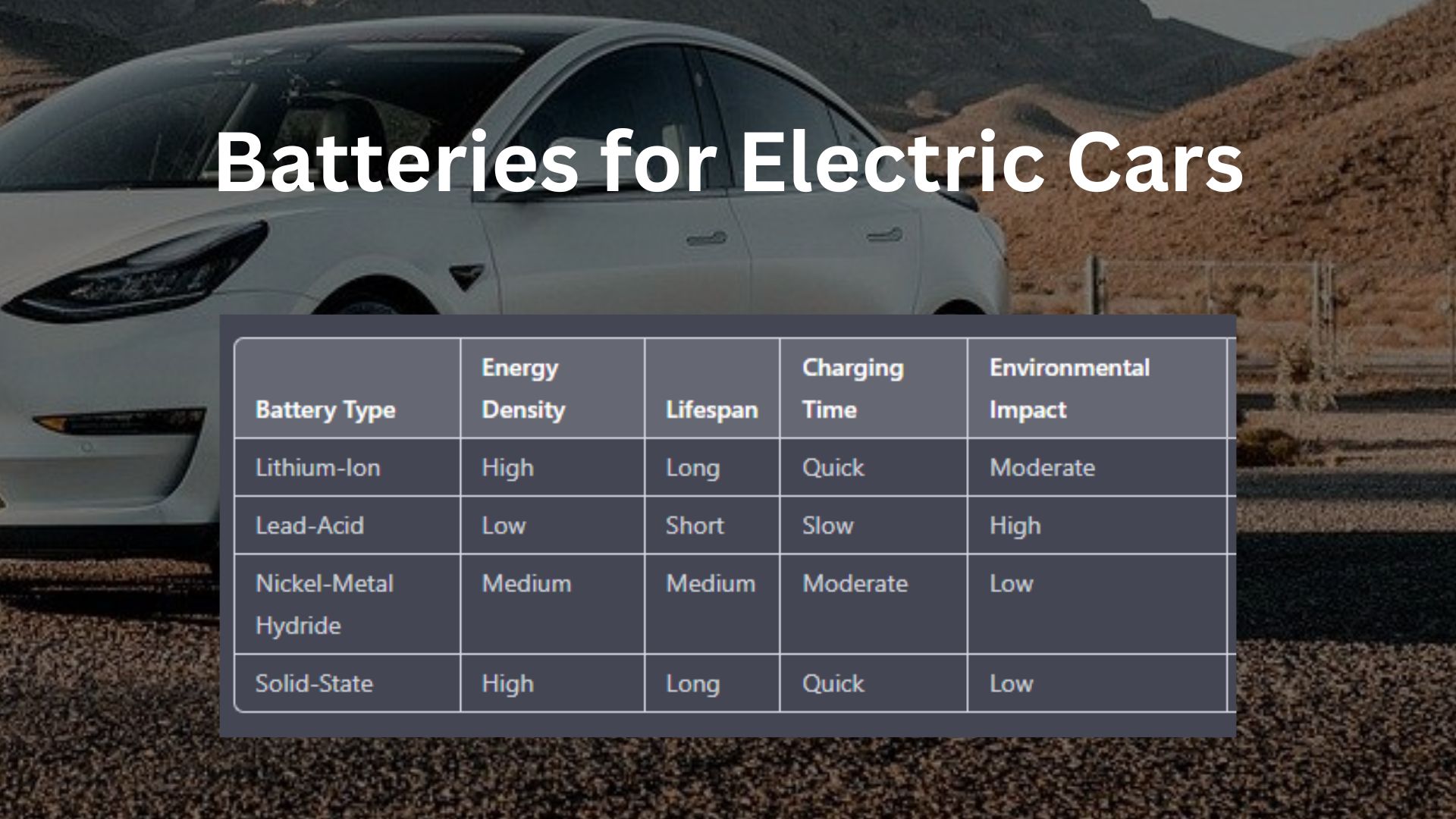Electric cars are becoming increasingly popular as people look for ways to reduce their carbon footprint and save on fuel costs. One of the key components of an electric car is the battery, which powers the motor and allows the car to travel.
But with so many different types of batteries available, it can be difficult to know which one is best for your electric car. In this comprehensive guide, we’ll explore the pros and cons of different battery types and provide recommendations for the best batteries for electric cars.
Breaking Down the Best: A Guide to 4 Popular Electric Car Batteries
there are some battery type for electric cars.
1. Lithium-Ion Batteries
Lithium-ion batteries are a type of rechargeable battery that uses lithium ions to store and release energy. They are commonly used in portable electronics, electric vehicles, and renewable energy systems. Lithium-ion batteries have a high energy density, which allows them to store a large amount of energy in a small and lightweight package. They are also known for their low self-discharge rate and long lifespan.
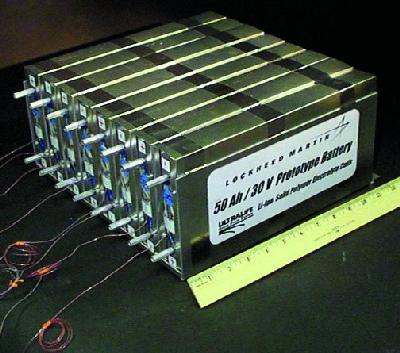
Advantages of Using Lithium-Ion Batteries in Electric Cars
There are several advantages to using lithium-ion batteries in electric cars, including:
- High energy density: Lithium-ion batteries have a high energy density, which means they can store a lot of energy in a small space. This allows electric cars to have a longer range and be more efficient.
- Long lifespan: Lithium-ion batteries have a longer lifespan than other types of batteries, which means they can last for several years without needing to be replaced.
- Quick charging: Lithium-ion batteries can be charged quickly, which makes them more convenient for electric car owners who need to charge their car frequently.
- Lightweight: Lithium-ion batteries are relatively lightweight, which reduces the overall weight of the car and improves its efficiency.
Brands and Models of Lithium-Ion Batteries That Are Suitable for Electric Cars
There are several brands and models of lithium-ion batteries that are suitable for electric cars, including:
- Tesla: Tesla uses its own proprietary lithium-ion batteries in its electric cars, which are known for their high energy density and long lifespan.
- LG Chem: LG Chem is a leading manufacturer of lithium-ion batteries and supplies batteries to several electric car makers, including General Motors and Hyundai.
- Panasonic: Panasonic is a major supplier of lithium-ion batteries for electric cars and supplies batteries to several car makers, including Tesla and Toyota.
- CATL: CATL is a Chinese battery manufacturer that supplies batteries to several electric car makers, including Volkswagen and BMW.
By using high-quality lithium-ion batteries from reputable manufacturers, electric car owners can enjoy a longer range, faster charging, and better efficiency.
2. Lead-Acid Batteries
Lead-acid batteries are a type of rechargeable battery that uses lead plates and sulfuric acid to store and release energy. They are commonly used in cars, boats, and other applications that require a reliable source of power. Lead-acid batteries are heavy and bulky but are known for their reliability and low cost.
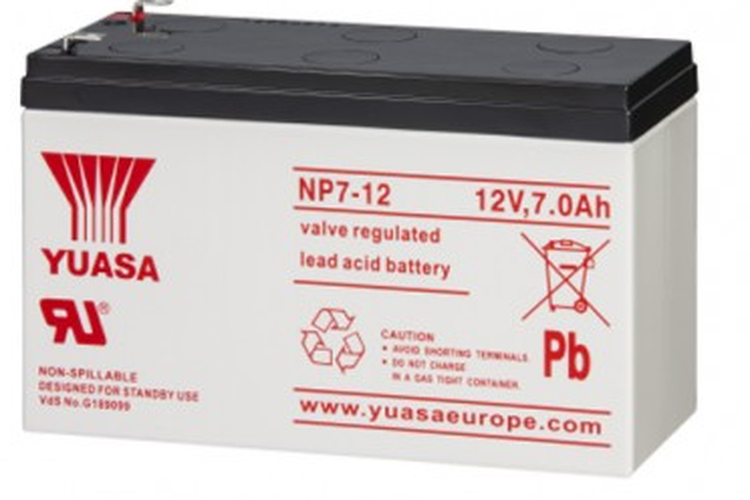
Advantages and Disadvantages of Using Lead-Acid Batteries in Electric Cars
There are several advantages and disadvantages to using lead-acid batteries in electric cars, including:
- Low cost: Lead-acid batteries are one of the most affordable types of batteries, which makes them a popular choice for electric cars that are on a budget.
- Availability: Lead-acid batteries are widely available and can be found at most auto parts stores and other retailers.
- Heavy and bulky: Lead-acid batteries are heavier and bulkier than other types of batteries, which can reduce the efficiency and range of the electric car.
- Short lifespan: Lead-acid batteries have a shorter lifespan than other types of batteries and may need to be replaced more frequently.
Brands and Models of Lead-Acid Batteries That Are Suitable for Electric Cars
There are several brands and models of lead-acid batteries that are suitable for electric cars, including:
- Trojan Battery Company: Trojan is a leading manufacturer of deep-cycle batteries and supplies batteries to several electric car makers.
- East Penn Manufacturing: East Penn is a major supplier of batteries for automotive, marine, and industrial applications and produces several lead-acid batteries that are suitable for electric cars.
- Exide Technologies: Exide produces a range of lead-acid batteries for automotive, industrial, and other applications and supplies batteries to several electric car makers.
While lead-acid batteries are less efficient and have a shorter lifespan than other types of batteries, they are still a popular choice for electric cars that prioritize cost and availability over other factors.
3. Nickel-Metal Hydride Batteries
Nickel-metal hydride (NiMH) batteries are a type of rechargeable battery that uses hydrogen-absorbing alloys to store and release energy. They are commonly used in hybrid cars and some electric cars, although they have been largely replaced by lithium-ion batteries in recent years. NiMH batteries have a higher energy density and longer lifespan than lead-acid batteries but a lower energy density and shorter lifespan than lithium-ion batteries.
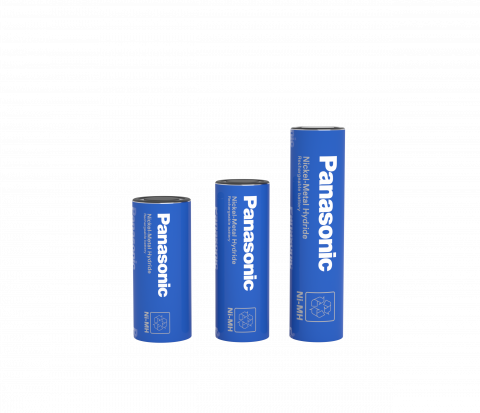
Advantages and Disadvantages of Using Nickel-Metal Hydride Batteries in Electric Cars
There are several advantages and disadvantages to using nickel-metal hydride batteries in electric cars, including:
- High energy density: Nickel-metal hydride batteries have a higher energy density than lead-acid batteries, which means they can provide a longer range and better efficiency.
- Moderate lifespan: Nickel-metal hydride batteries have a moderate lifespan that is longer than lead-acid batteries but shorter than lithium-ion batteries.
- Moderate charging time: Nickel-metal hydride batteries have a moderate charging time that is slower than lithium-ion batteries but faster than lead-acid batteries.
- Low environmental impact: Nickel-metal hydride batteries are considered more environmentally friendly than lead-acid batteries because they do not contain toxic metals like lead and cadmium.
- Moderate safety: Nickel-metal hydride batteries are less safe than lithium-ion batteries because they are more prone to thermal runaway and can release hydrogen gas.
Brands and Models of Nickel-Metal Hydride Batteries That Are Suitable for Electric Cars
There are several brands and models of nickel-metal hydride batteries that are suitable for electric cars, including:
- Panasonic: Panasonic produces several models of nickel-metal hydride batteries that are suitable for electric cars, including the EV Energy series.
- GS Yuasa: GS Yuasa is a major supplier of nickel-metal hydride batteries for hybrid and electric cars and produces several models that are suitable for electric cars.
While nickel-metal hydride batteries have been largely replaced by lithium-ion batteries in modern electric cars, they are still a popular choice for hybrid cars and some older electric cars.
4. Solid-State Batteries
Solid-state batteries are a type of rechargeable battery that uses a solid electrolyte instead of a liquid electrolyte. They are still being developed but are considered to be the next generation of battery technology. Solid-state batteries have a higher energy density and faster charging time than lithium-ion batteries and are also safer and more environmentally friendly.
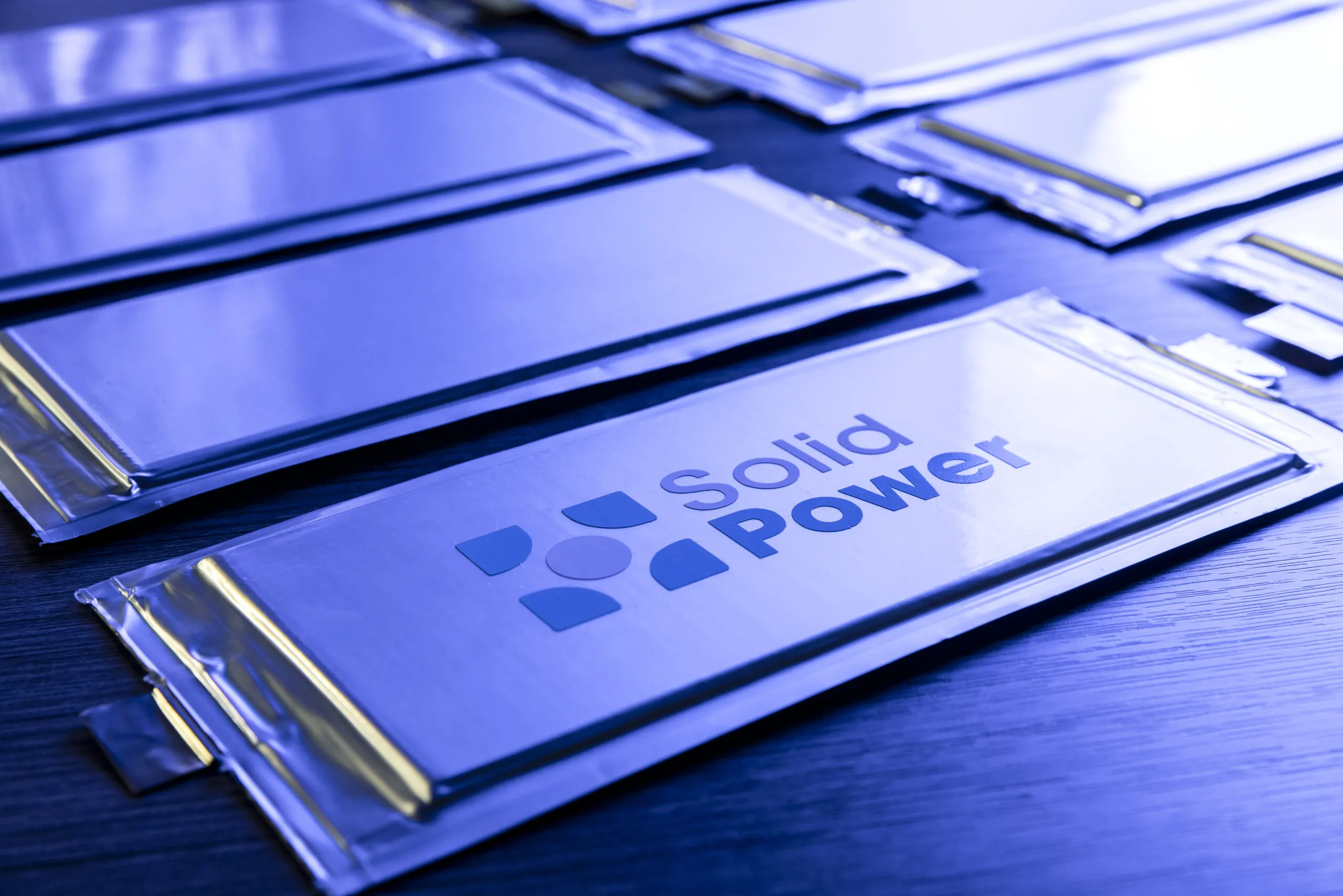
Advantages and Disadvantages of Using Solid-State Batteries in Electric Cars
There are several advantages and disadvantages to using solid-state batteries in electric cars, including:
- High energy density: Solid-state batteries have a higher energy density than lithium-ion batteries, which means they can store more energy in a smaller and lighter package.
- Fast charging: Solid-state batteries can be charged more quickly than lithium-ion batteries, which reduces the amount of time electric car owners need to spend charging their car.
- Long lifespan: Solid-state batteries have a longer lifespan than lithium-ion batteries, which means they can last for several years without needing to be replaced.
- Environmentally friendly: Solid-state batteries are considered more environmentally friendly than other types of batteries because they do not contain toxic metals like lead and cadmium.
- Expensive: Solid-state batteries are currently more expensive than other types of batteries because they are still being developed and are not widely available.
- Limited availability: Solid-state batteries are still being developed and are not yet widely available for use in electric cars.
Brands and Models of Solid-State Batteries That Are Suitable for Electric Cars
There are several companies that are developing solid-state batteries for electric cars, including:
- QuantumScape: QuantumScape is a California-based company that is developing solid-state batteries for electric cars in partnership with Volkswagen.
- Solid Power: Solid Power is a Colorado-based company that is developing solid-state batteries for electric cars in partnership with BMW.
While solid-state batteries are still being developed and are not yet widely available, they have the potential to revolutionize the electric car industry with their high energy density, fast charging, and environmental friendliness.
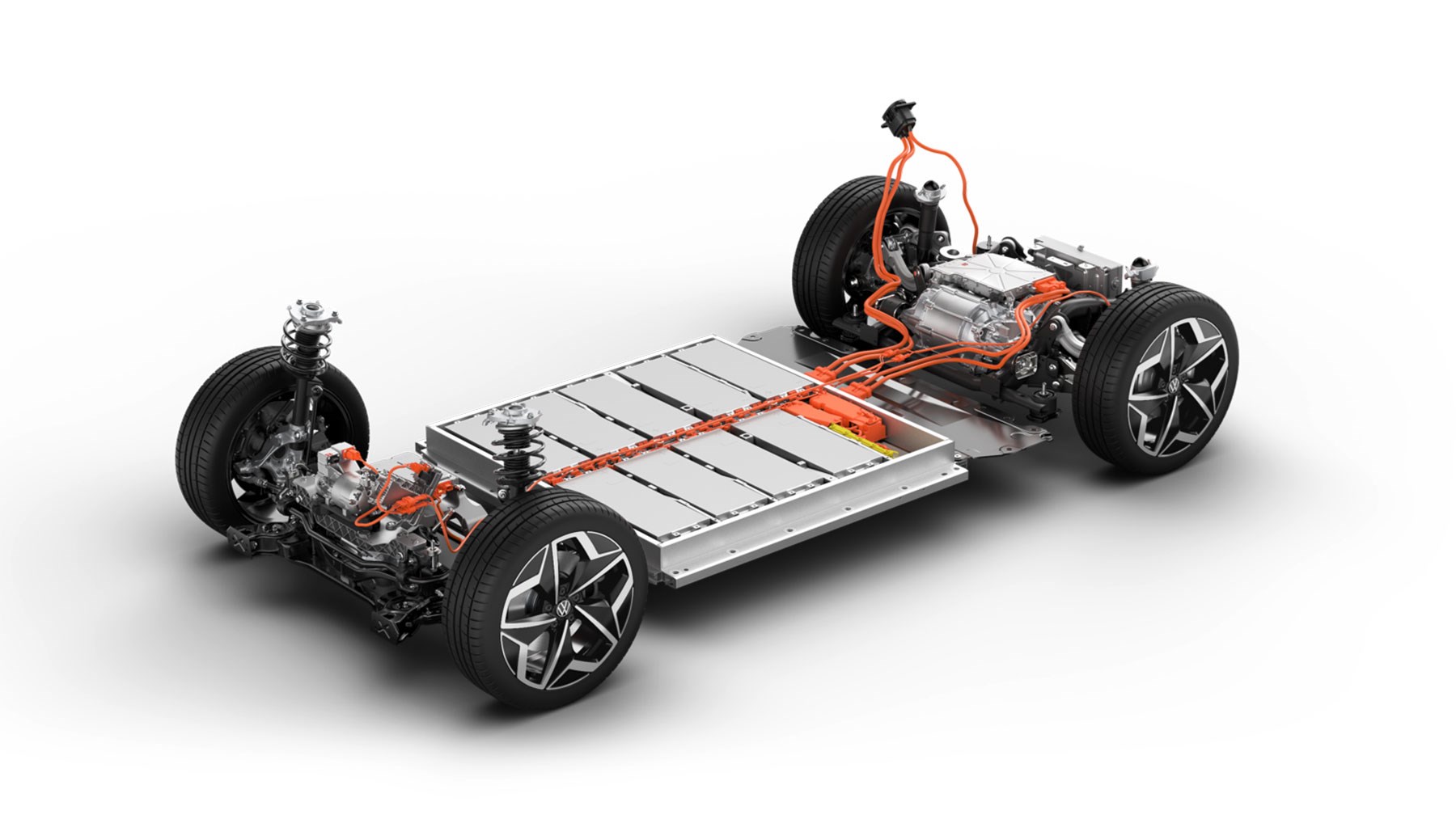
Electric Cars Battery Type Comparison
| Battery Type | Energy Density | Lifespan | Charging Time | Environmental Impact | Safety |
|---|---|---|---|---|---|
| Lithium-Ion | High | Long | Quick | Moderate | High |
| Lead-Acid | Low | Short | Slow | High | Low |
| Nickel-Metal Hydride | Medium | Medium | Moderate | Low | Moderate |
| Solid-State | High | Long | Quick | Low | High |
Note: The ratings in this table are based on general comparisons and may vary depending on the specific brand and model of the battery.
Factors to Consider When Choosing Electric Car Batteries
When selecting the best batteries for electric cars, we considered several factors to ensure that our recommendations are both reliable and practical. These factors include:
- Energy density: The amount of energy that the battery can store per unit of weight or volume. Batteries with a higher energy density can provide a longer range and better efficiency.
- Lifespan: The length of time that the battery can function at full capacity before needing to be replaced. Batteries with a longer lifespan are more cost-effective and environmentally friendly.
- Charging time and options: The amount of time it takes to fully charge the battery and the different charging options available. Batteries that can be charged quickly and with various charging options are more convenient for electric car owners.
- Environmental impact: The impact that the battery production and disposal has on the environment. Batteries with a lower environmental impact are more sustainable and socially responsible.
- Safety: The safety features of the battery and its resistance to thermal runaway. Batteries that are safer and less likely to catch fire or explode are more reliable and preferable.
By considering these criteria, we aimed to provide recommendations for the best batteries for electric cars that are both practical and sustainable.
Conclusion
In conclusion, there are several different types of batteries available for electric cars, each with its own set of advantages and disadvantages. Lithium-ion batteries are the most commonly used type of battery and offer a high energy density, long lifespan, and quick charging time. Lead-acid batteries are less common but are more affordable and widely available. Nickel-metal hydride batteries

